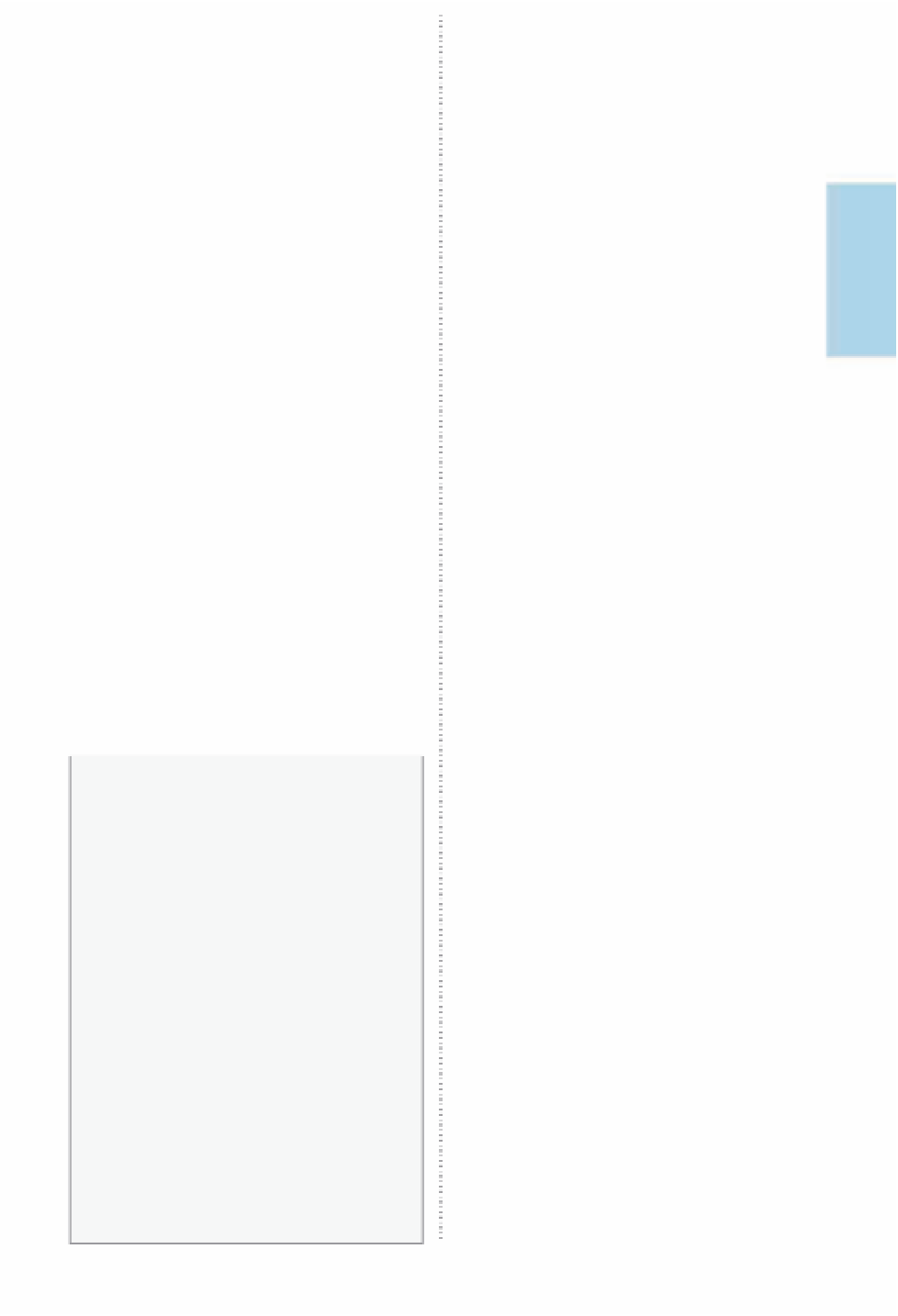Travel Reference
In-Depth Information
o
ce and there are no commission fees, though
post o
ce exchange counters have slightly
longer opening hours (generally Mon-Fri 9am-
4pm); banks open Monday to Friday from 9am to
3pm, but some don't open their exchange desks
until 10.30 or 11am. Big
department stores
often
have an exchange desk, which can be useful at
other times, though most only handle dollars or
a limited range of currencies and might charge a
small fee.
Hotels
are only supposed to change
money for guests, but some might be persuaded
to help in an emergency. Remember to take your
passport along in case it's needed, and allow
plenty of time, since even a simple transaction
can take twenty minutes or more. Finally, when
changing money, ask for a few ¥10,000 notes to
be broken into lower denominations; these come
in handy for ticket machines and small purchases.
The majority of
museums
close on a Monday,
but stay open on Sundays and national holidays;
last entry is normally thirty minutes before closing.
Most museums and department stores stay
open on
national holidays
and take the following
day off instead. However, during the New Year
festival (January 1-3), Golden Week (April 29-May 5)
and O-bon (the week around August 15), almost
everything shuts down. Around these periods all
transport and accommodation is booked out weeks
in advance, and all major tourist spots get overrun.
Phones
You're rarely far from a payphone in Tokyo, but
only at certain ones - usually grey or metallic
silver and bronze colour, with a sign in English -
can you make
international calls
. These phones
can be di
cult to find; try a major hotel or inter-
national centre.
The vast majority of payphones take both coins
(¥10 and ¥100) and
phonecards
(
terefon kādo
;
ςϨϑΥϯΧʔυ
). The latter come in ¥500 (50-unit)
and ¥1000 (105-unit) versions and can be bought
in department and convenience stores and at
station kiosks. Many tourist attractions sell specially
decorated phonecards, which come in a vast range
of designs, though you'll pay a premium for these,
with a ¥1000 card only giving ¥500 worth of calls.
Payphones don't give change, but do return
unused coins, so for local calls use ¥10 rather than
¥100 coins. For international calls, it's best to use
a phonecard and to call between 7pm and 8am
Monday to Friday, or at any time at weekends or
holidays, when rates are cheaper. Alternatively,
use a
prepaid calling card
, such as KDDI's Super
World card (
W
www.kddi.com), Primus (
W
primustel
.co.jp), or Brastel (
W
brastel.com); all are available at
convenience stores.
Everywhere in Japan has an
area code
, which
can be omitted if the call is a local one. Tokyo's area
code is
T
03. All toll-free numbers begin with either
T
0120 or 0088. In a few cases you may come
across codes such as
T
0570, which are not region-
specific and thus should always be dialled wherever
in Japan you're calling from. Numbers starting with
T
080 or 090 belong to mobiles.
Opening hours and public
holidays
Business hours
are generally Monday to Friday
9am to 5pm, though private companies often close
much later in the evening and may also open on
Saturday mornings. Department stores and bigger
shops
tend to open around 10am and shut at 7 or
8pm. Local shops, however, will generally stay open
later, while many convenience stores stay open
24 hours. Most shops take one day off a week, not
necessarily on a Sunday.
PUBLIC HOLIDAYS
If one of the holidays listed below falls
on a Sunday, then the Monday is also
a holiday.
New Year's Day
Jan 1
Coming of Age Day
Second Mon in Jan
National Foundation Day
Feb 11
Spring Equinox
March 20/21
Shōwa Day
April 29
Constitution Memorial Day
May 3
Greenery Day
May 4
Children's Day
May 5
Marine Day
Third Mon in July
Respect the Aged Day
Third Mon in Sept
Autumn Equinox
Sept 23/24
Health and Sports Day
Second Mon
in Oct
Culture Day
Nov 3
Labour Thanksgiving Day
Nov 23
Emperor's Birthday
Dec 23
Mobile phones
Practically everyone in Japan has a
mobile phone
,
or
keitai-denwa
(
ܞଳి
), sometimes shortened
to
keitai
(
ܞଳ
), many of which can be used like a
prepaid travel card on trains, subways and in shops.


































